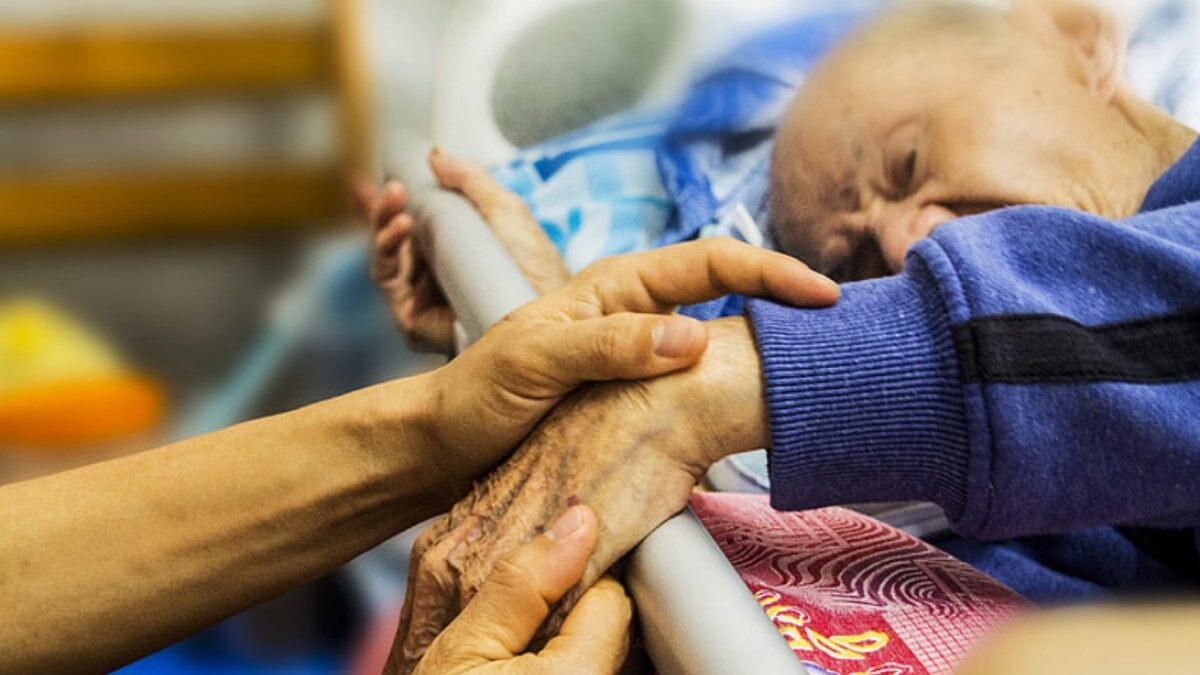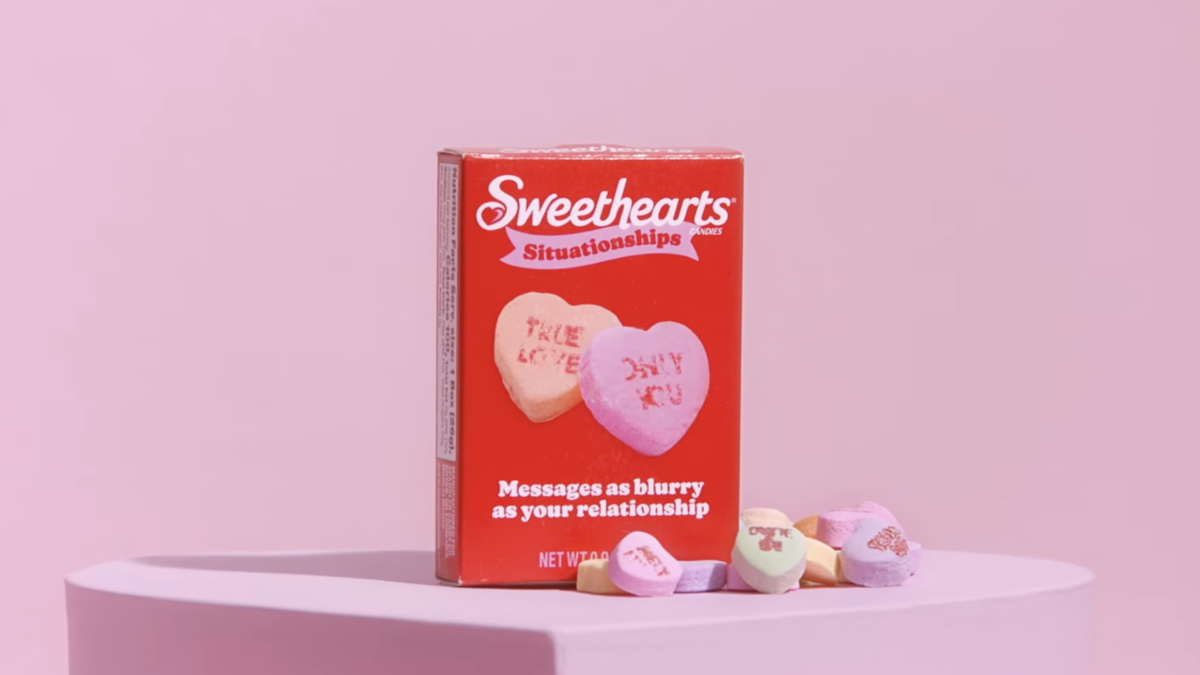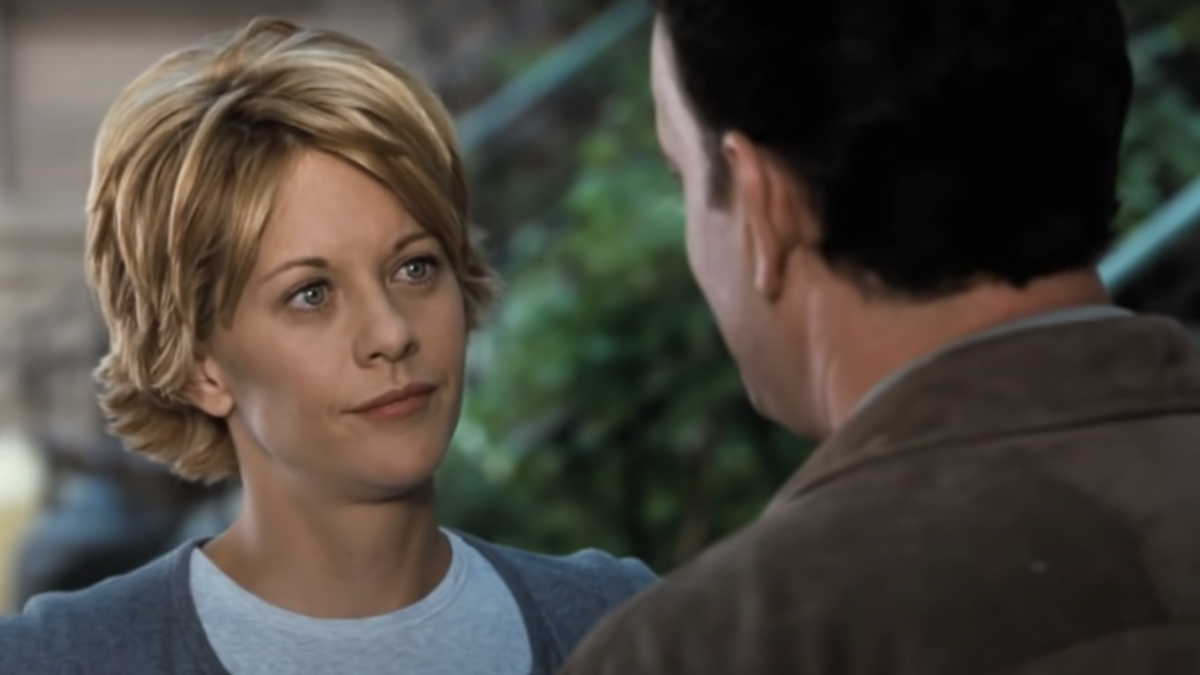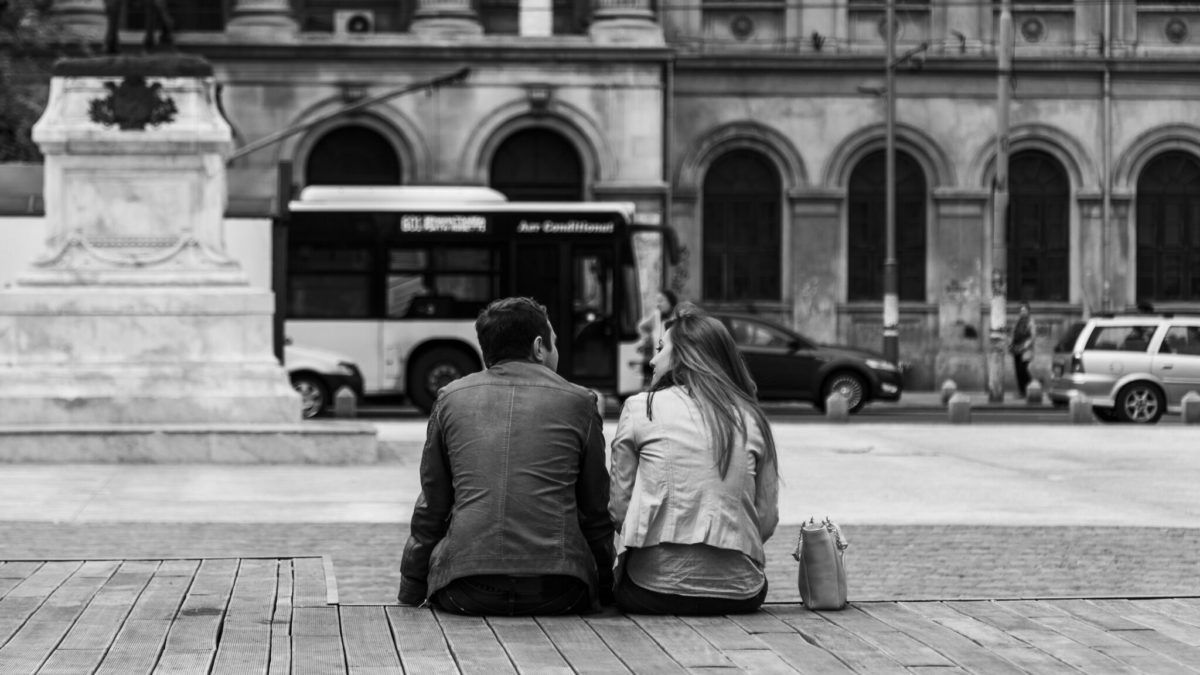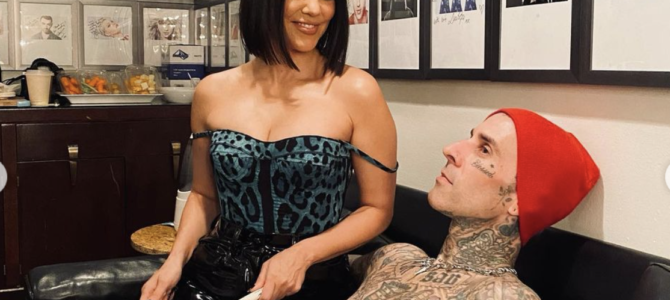On Oct. 17, CNN’s Bianna Golodryga interviewed the filmmaker behind “Last Flight Home,” a daughter’s chronicle of her father’s final days before euthanasia. Ondi Timoner, who made the film about the late Eli Timoner, described her father’s sudden decision to die by choice rather than naturally from his terminal illness.
“It was shocking, frankly,” Timoner said. “It was scary for all of our family. But we had to support him.”
Timoner said her brother found a law in California that would allow their father an assisted suicide: “We didn’t even know that, because we don’t talk about death and dying in our society.”
Timoner’s impulse to support and love her dying father was a beautiful desire but sadly misdirected by the haze of lies surrounding euthanasia.
Twelve U.S. states are considering legalizing euthanasia in 2023, and another 10 states currently permit it. Canada recently expanded its euthanasia program to people who are not physically ill.
Euthanasia’s growing reach makes it an issue of concern for all of us. The issue demands a consistent, compassionate response that is founded in our shared humanity.
Suffering People Need Care, Not Killing
The perceived need for euthanasia is rooted in mistaken ideas about love, dependence, and compassion. “When Patients Choose to End Their Lives,” a 2021 New York Times article, says that rather than physical pain, most requests for euthanasia are motivated by “a loss of autonomy, a loss of dignity, a loss of quality of life and an ability to engage in what makes people’s lives meaningful.”
Euthanasia proponents define meaningful lives too narrowly. My mother died in hospice last year. Even when she was too ill to engage with those around her, her life was profoundly powerful and good. Love, not bodily freedom, gave value to her existence.
My family is grateful for every minute we had with her and would be suffering unimaginably more deeply if she had chosen to cut short her life. A good death, like hers, is an enduring gift and witness to hope for the deceased’s family and community.
Dependency Doesn’t Negate Dignity
Certainly, for suffering people, loss of autonomy and dignity are real concerns. Sickness and death necessitate a surrender of control that is unnatural in our modern age. We worship control, mistaking it for freedom. When age or infirmity strips us of bodily autonomy, we would rather die than live dependent on others. Yet suffering does not have to rob us of self-worth. We can live dependent with dignity and grace.
Governments’ Covid-19 response illuminated the current crisis in end-of-life care, particularly in nursing homes and dementia-care facilities. People are often right to fear their declining years will be spent somewhere cold and sterile, where their lives will be an inconvenience to others. We must make nursing homes and hospitals a last resort.
A pro-life geriatrician quoted in The New York Times article testified to the need for better palliative and hospice care: “There’s currently no strong push for decency in long-term care,” Dr. Joanne Lynne said. “Euthanasia’s not a real choice if a person’s alternative is living in misery or impoverishing the family.” Euthanasia loses appeal when people have the dignity of living their final years at home, with high-quality care and the loving support of their communities.
An Unnatural Death Isn’t Compassionate
In an age of radical individualism, driven by a consumerist throwaway culture, euthanasia parades as compassion. Dr. Charles Camosy, a professor of medical humanities at the Creighton University School of Medicine and professor of moral theology at Saint Joseph’s Seminary, has written extensively about end-of-life issues.
One aspect of a “throwaway” culture is the desire to look the other way when it comes to evils like euthanasia, best exemplified by the changing terminology. Euthanasia proponents often now refer to it as Medical Assistance in Dying, or MAiD, which deliberately projects a softer image.
“If you can change the language, you don’t have to face the reality,” Camosy said.
We must refuse, then, to accept this false terminology. We must be brave enough to look evil in the eye.
“Aiming at the death of someone — saying that it is better that you do not exist — is false compassion,” Camosy wrote in an email. “Non-violence, accompaniment, pain-management, and communal hospitality need to be at the heart of authentic compassion.”
The solutions to eliminating the “need” for euthanasia burden us with care for one another. They should. Human beings have lived in community for all of recorded time. We do not outgrow dependence when we outgrow training wheels. Reliance on each other is a lifelong blessing. Forgetting this reality leads us to fear death more than we should.
“I think the key issue for having a good death is accepting it like a friend and doing it ‘in community,’” wrote Camosy. “This is what love means: in some sense we burden each other, yes, but grace and love transform that.”
